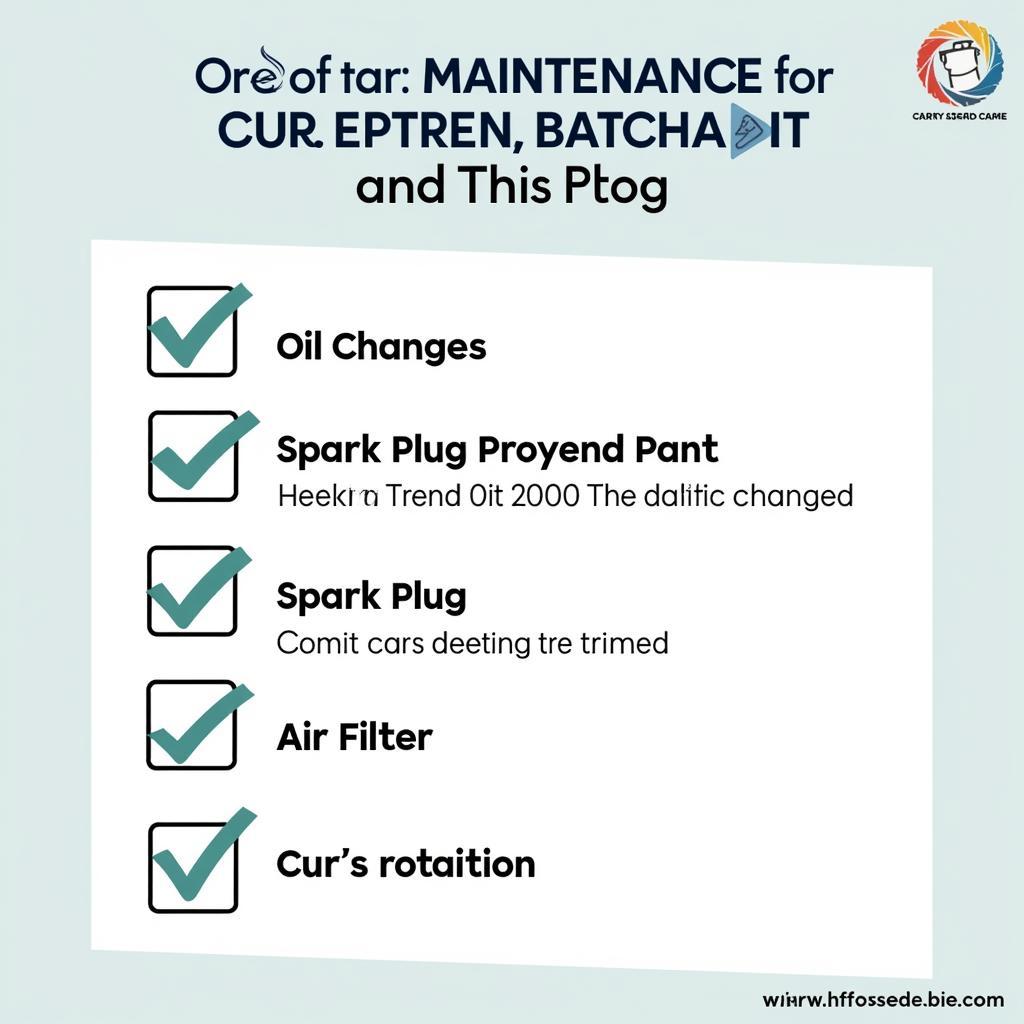When considering buying a new car, fuel efficiency and maintenance costs are often top of mind for potential owners. While fuel costs fluctuate, understanding the long-term maintenance expenses associated with petrol versus diesel cars is crucial for making an informed decision. This article delves deep into the Maintenance Cost Between Petrol And Diesel Cars, providing you with the knowledge to make the best choice for your needs and budget.
Factors Influencing Maintenance Costs
Several factors contribute to the difference in maintenance costs between petrol and diesel cars:
- Engine Complexity: Diesel engines, known for their robust build and higher compression ratios, often have a more complex design than their petrol counterparts. This complexity can translate to higher labor costs for repairs.
- Fuel System: Diesel fuel systems operate at higher pressures, potentially leading to increased maintenance expenses for components like fuel injectors and high-pressure pumps.
- Emissions Control: Modern diesel cars are equipped with sophisticated emissions control systems, such as diesel particulate filters (DPFs) and selective catalytic reduction (SCR) systems. These systems require periodic maintenance and can be costly to replace if they fail.
Petrol Car Maintenance: A Closer Look
Petrol cars have traditionally been associated with lower maintenance costs. Let’s break down some common maintenance tasks and their typical expenses:
- Spark Plugs: Petrol engines utilize spark plugs to ignite the air-fuel mixture. These need periodic replacement, typically every 30,000 to 100,000 miles, depending on the type of spark plug and manufacturer recommendations.
- Ignition System: The ignition system, responsible for generating the spark for the spark plugs, may require maintenance or replacement of components like ignition coils or the distributor cap and rotor (in older vehicles).
 Petrol Car Maintenance Checklist
Petrol Car Maintenance Checklist
- Fuel System: Petrol fuel systems are generally less complex and operate at lower pressures than their diesel counterparts. However, components like fuel filters and fuel pumps may still require periodic maintenance or replacement.
Looking for insights into maintaining a petrol-powered RC car? Check out this helpful guide on petrol rc car maintenance.
Diesel Car Maintenance: What to Expect
Diesel cars, renowned for their fuel efficiency and longevity, often come with higher maintenance costs. Here’s a closer look at some key maintenance aspects:
-
Glow Plugs: Unlike petrol engines that use spark plugs, diesel engines use glow plugs to preheat the combustion chamber. Glow plugs are subject to wear and tear and need replacement, especially in colder climates.
-
Fuel Injectors: Diesel fuel injectors operate at extremely high pressures, making them prone to clogging or failure. Cleaning or replacing diesel injectors can be a significant expense.
-
Diesel Particulate Filter (DPF): The DPF is responsible for trapping soot from the exhaust gases. It requires periodic regeneration, which involves burning off the accumulated soot. If the regeneration process is unsuccessful, DPF replacement can be a costly affair.
-
Selective Catalytic Reduction (SCR): SCR systems are used to reduce nitrogen oxide (NOx) emissions. These systems use a diesel exhaust fluid (DEF), also known as AdBlue, which needs to be refilled periodically.
Interested in comparing car maintenance costs in India? Explore this insightful article: compare maintenance costs for cars in india.
The Cost Breakdown: Petrol vs. Diesel
While maintenance costs can vary significantly based on the car model, usage, and service location, some general observations can be made.
Petrol Cars:
- Lower average maintenance costs over the lifespan of the vehicle.
- Less frequent maintenance intervals for some components.
- Generally, less expensive parts.
Diesel Cars:
- Potentially higher maintenance costs, particularly for newer models with complex emissions control systems.
- More frequent maintenance intervals for specific components like fuel filters and DPF regeneration.
- Parts can be more expensive than their petrol counterparts.
It’s crucial to consider your driving habits and typical mileage when weighing the maintenance costs. Diesel cars tend to be more economical for long-distance driving, potentially offsetting the higher maintenance expenses. However, if your driving primarily consists of short trips, a petrol car might be a more economical choice in the long run.
Expert Insights:
“While modern diesel cars offer impressive fuel efficiency, it’s essential to factor in the potentially higher maintenance costs, especially for components related to emissions control,” says John Miller, a seasoned automotive engineer with over 20 years of experience. “If you’re considering a diesel vehicle, carefully review the maintenance schedule and associated costs outlined in the owner’s manual.”
Conclusion: Making the Right Choice
Ultimately, the decision of whether a petrol or diesel car is more cost-effective from a maintenance perspective depends on individual needs and driving patterns. Petrol cars generally have lower maintenance expenses, but diesel cars offer fuel efficiency advantages that can offset higher maintenance costs for long-distance drivers.
Need help navigating the complexities of car maintenance? Contact AutoTipPro at +1 (641) 206-8880 or visit our office at 500 N St Mary’s St, San Antonio, TX 78205, United States. Our team of experts is ready to assist you.




Leave a Reply